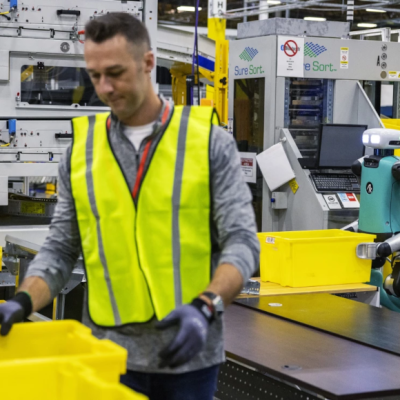In a groundbreaking discovery, scientists have found an enzyme in human saliva that can efficiently break down PET plastic into its basic components. While it is still unknown which bacteria produces the enzyme, this discovery could revolutionize the way we recycle plastic. Over the past few years, researchers have discovered various enzymes and bacteria that can break down plastic, with a particular focus on PET, which is widely used in plastic bottles. However, scientists have been trying to optimize these enzymes to make the process more efficient.
A team from the Vidyasirimedhi Institute for Science and Technology (VISTEC) has now discovered another enzyme in human saliva that can break down plastic. The researchers searched a database for microbial genomes for evidence of PET-degrading enzymes and found DNA sequences that had previously been collected from seawater, saliva, and other substances. The team discovered an enzyme called MG8, which comes from a microbe that lives in human saliva. However, it is still unknown which bacteria produces the enzyme and why it has this ability.
The researchers then transplanted the MG8 gene into laboratory bacteria to determine how efficient the enzyme is at breaking down PET. The results showed that the MG8 enzyme efficiently breaks down PET plastic and has a robust activity that surpasses other naturally occurring and biotechnologically optimized hydrolases in PET degradation. The enzyme also works at different salt levels and temperatures, making it an ideal candidate for PET recycling on an industrial scale. While the MG8 gene still needs to be optimized to break down high-crystalline PET from beverage bottles without pre-treatment, the researchers believe that the enzyme could be produced on a large scale for plastic recycling.
This discovery of a highly active PET hydrolase from the human metagenome, an underexplored source for discovering industrially useful enzymes, could significantly advance current efforts to degrade and reuse PET. The potential for this enzyme to revolutionize the way we recycle plastic is immense, and it could have a significant impact on reducing plastic waste in the future.









